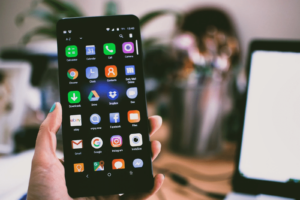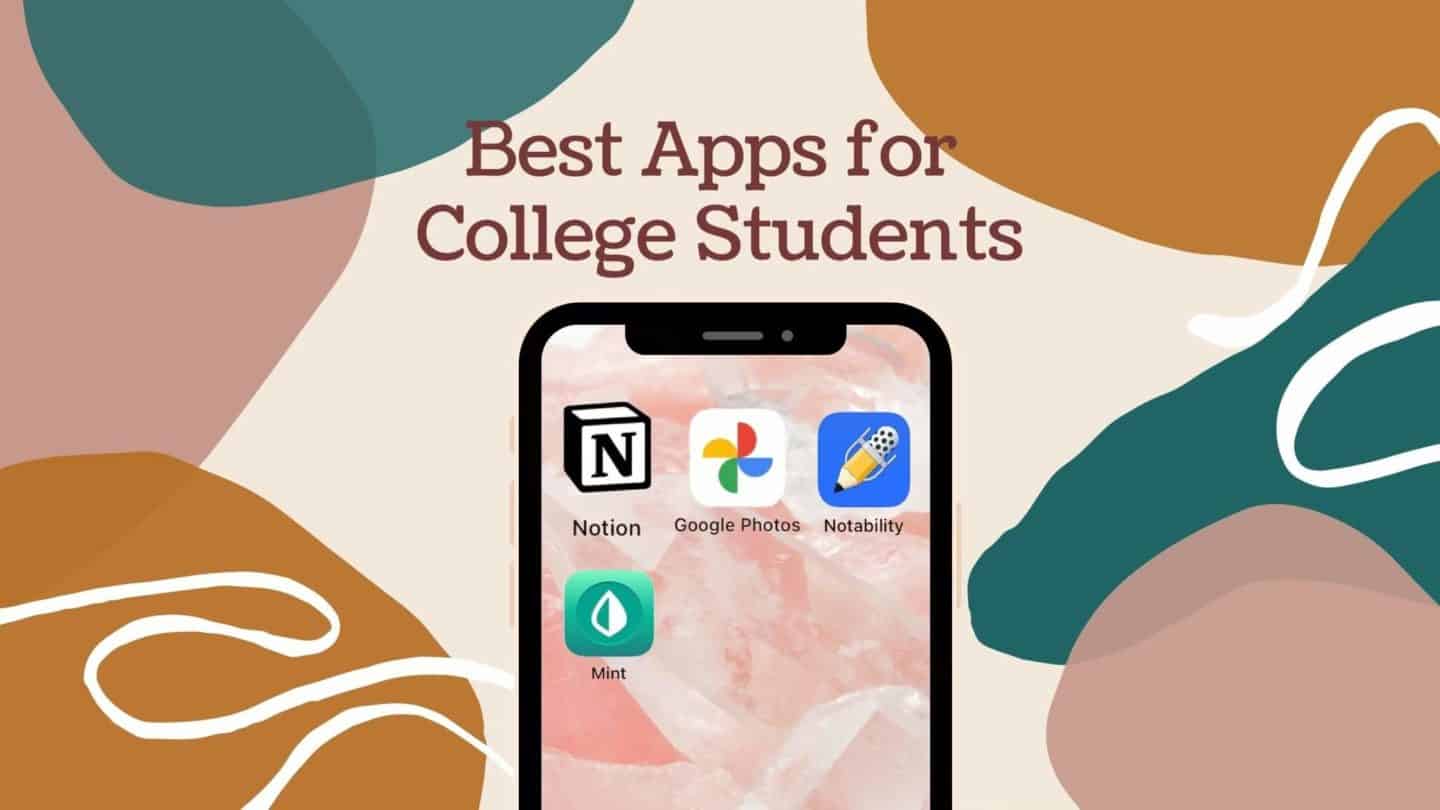In today’s digital age, students have access to a variety of tools that can enhance their learning experience and help them manage their time effectively. Here’s a look at some of the most useful apps that can support students in their academic journey.
1. Study Aids
Study apps such as Quizlet and Anki provide flashcard features that can enhance memorization. Students can create their own study materials or access a vast library of existing content. These apps often include games and quizzes to make studying more engaging.
2. Task Management Tools
Staying organized is key to academic success. Task management apps like Todoist and Trello help students keep track of assignments, deadlines, and projects. With visual boards and easy-to-use interfaces, these tools allow for prioritization and efficient planning.
3. Note-Taking Apps
Taking notes is essential for effective studying. Apps like Evernote and Microsoft OneNote allow students to organize their notes, create to-do lists, and even collaborate with classmates. These tools often include features like voice recording and the ability to attach images, making it easier to capture information in various formats.
4. Collaboration Platforms
Group projects can be challenging, but collaboration tools like Google Workspace and Microsoft Teams simplify the process. These platforms allow students to work together in real-time, share documents, and communicate effectively, regardless of their physical location.

5. Language Learning Apps
For students studying languages, apps like Duolingo or Babbel offer interactive lessons and practice exercises. These tools make language learning accessible and fun, allowing users to learn at their own pace.
6. Reading and Research Tools
For research-heavy courses, apps like Mendeley and Zotero assist in managing references and organizing research materials. They help students save articles, cite sources properly, and create bibliographies with ease.
7. Wellness and Productivity
Balancing academics with personal well-being is crucial. Apps like Headspace and Forest encourage mindfulness and focus, helping students manage stress and maintain productivity during their study sessions.
8. Mind Mapping Tools
Mind mapping apps like MindMeister or XMind help students brainstorm and organize their thoughts visually. This can be particularly useful for planning essays, projects, or studying complex subjects by breaking them down into manageable parts.
Conclusion
With the right tools, students can enhance their learning experience, improve their productivity, and manage their time more effectively. By incorporating these apps into their daily routines, students can navigate their academic challenges with greater ease and confidence. Whether for note-taking, task management, or wellness, there’s an app out there to support every aspect of student life.


